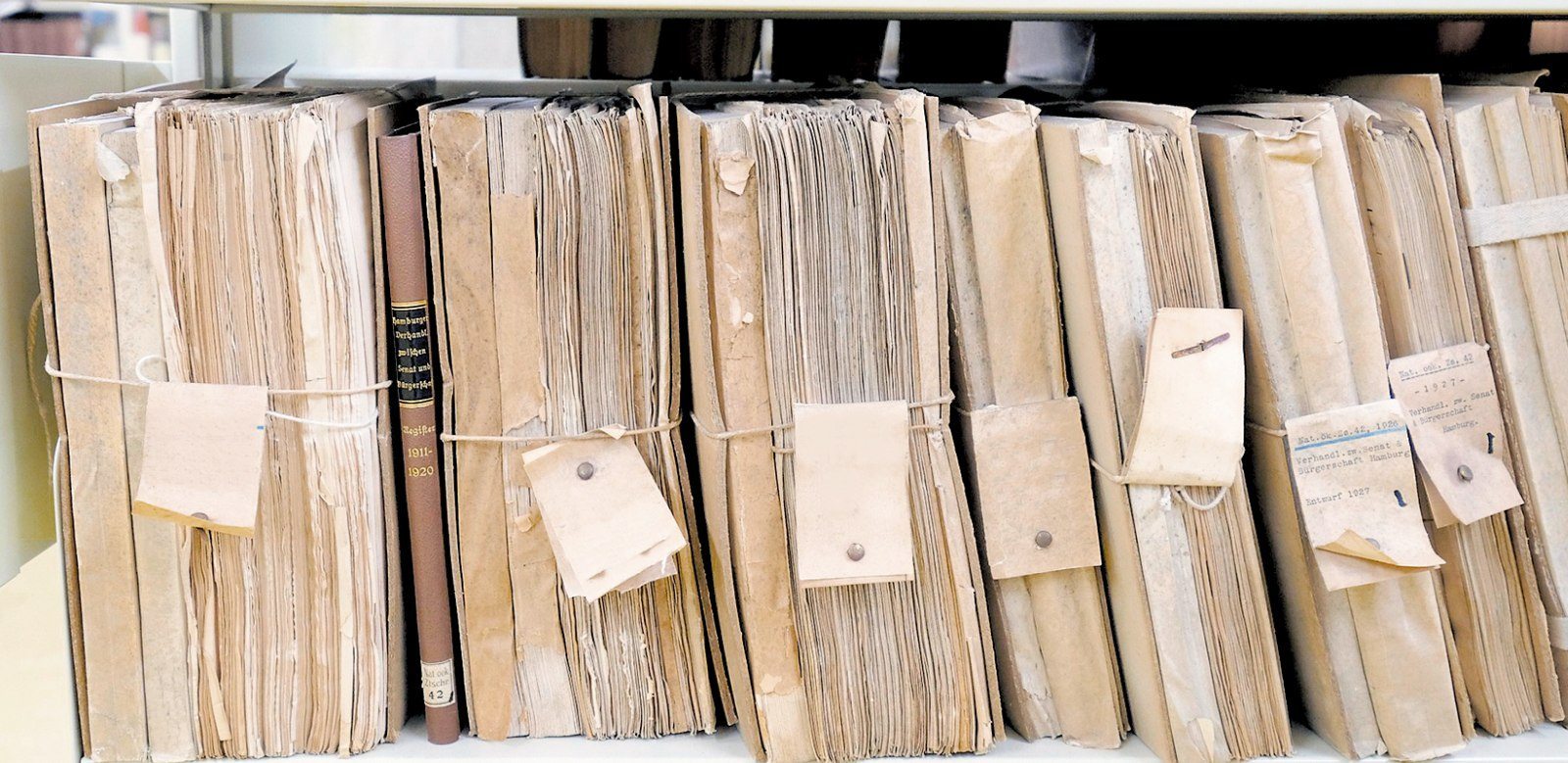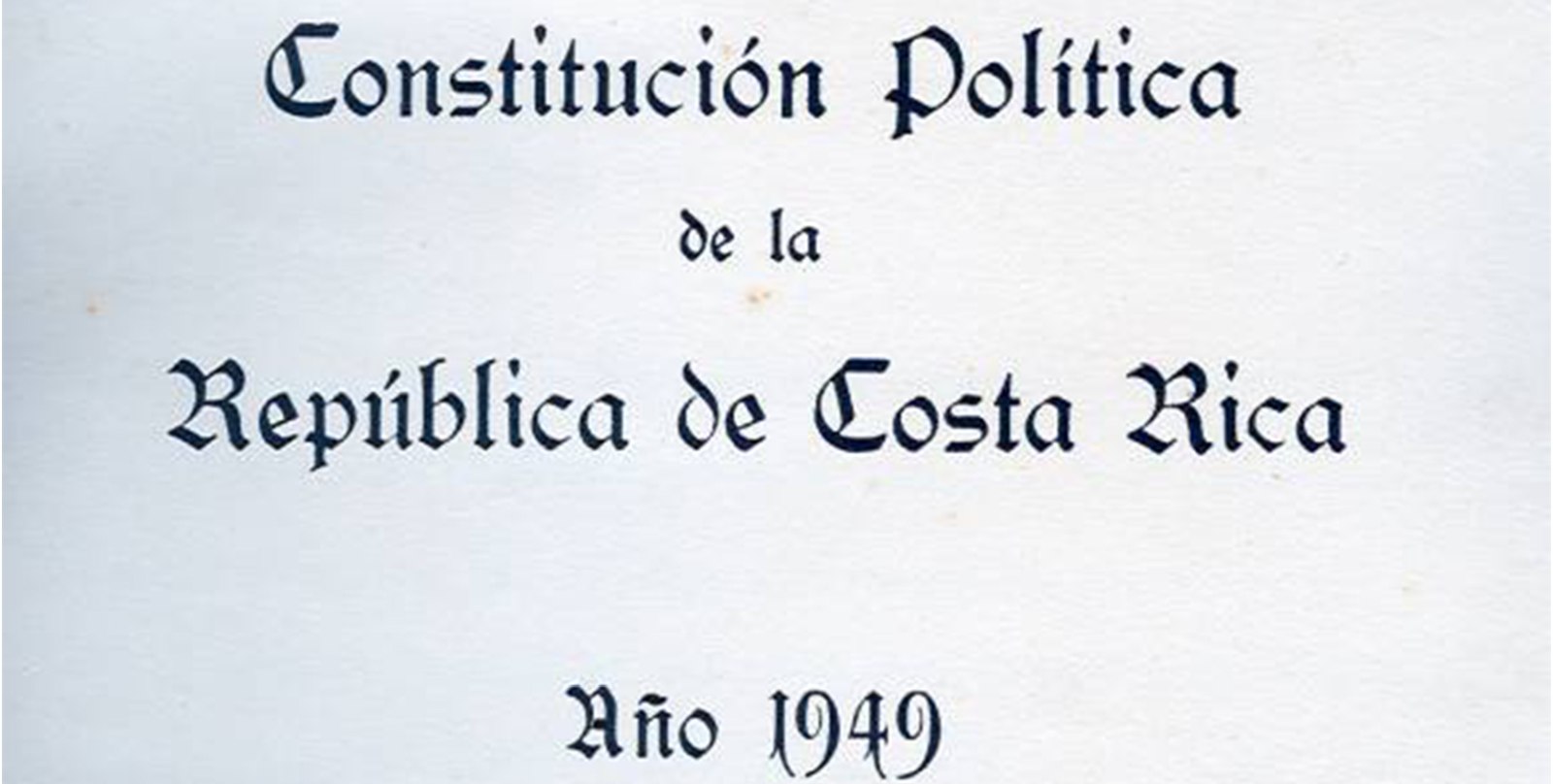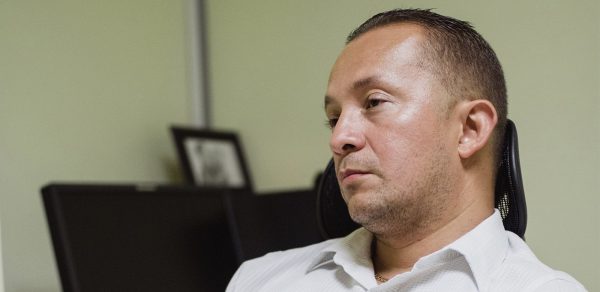
The information that public employees work with is, by definition, public: any document, Excel sheet, file, or internal memo should be given to any citizen who asks for it without any type of barrier, regardless of why he or she needs it.
So why do our public workers, mayors, and institutional leaders think they’re the owners of these documents? One hopes that the response would be a mixture of ignorance and lack of education on the subject, although our journalistic instinct tells us that these documents are locked away because they have something to hide.
The right to access public information wasn’t invented by a journalist who was angry at the municipality, nor by a politician who wants revenge on the mayor. It’s guaranteed to all citizens in the Political Constitution in articles 27 and 30.

What good is it to you? To know, for example, why they haven’t fixed that pothole-ridden street in front of your or a family member’s house, but the one to a high-level public servant’s family has been repaired. Or to hold council members accountable – those whose salaries we pay through taxes – for what they have been spending their time on during council sessions.
There are few exceptions to this rule. A municipality can only deny handing over information if there is a legal justification for it. For example, state secrets, sensitive information about people (their sexual identity, their religion), or information that could harm a business in next to its competitors.
However, every day civil servants place a thousand obstacles in front of citizens who want access to these rights. Sometimes they allege that any transfer of information must be approved first-hand by the institution’s leader; other times they reject the request, saying that the information is “very sensitive” for the institution.
The Constitutional Court has ruled hundreds of times against institutions that deny citizens information, forcing them to pay damages to those who initially asked for the information. The entire community ends up losing.
It is urgent that the National Government, as part of its policy of an open government, train regional institutions on transparency. Corruption also happens on a smaller scale in the towns that are the poorest and with the least access to public information. Is that the country we want?
At The Voice of Guanacaste we fight daily to improve transparency with our civil servants and public institutions in relation to public information. Here you’ll find a guide on how to request this information.







Comments